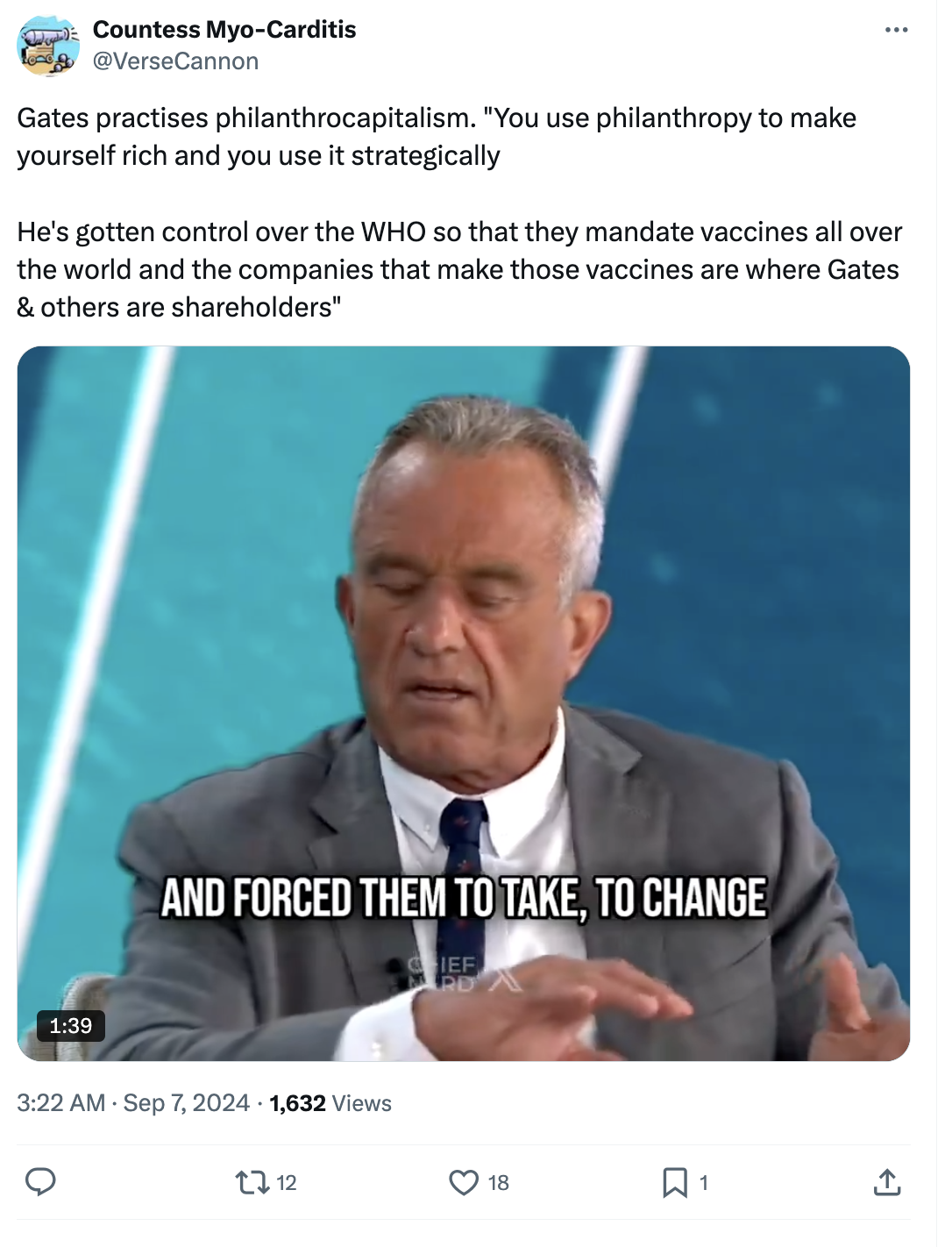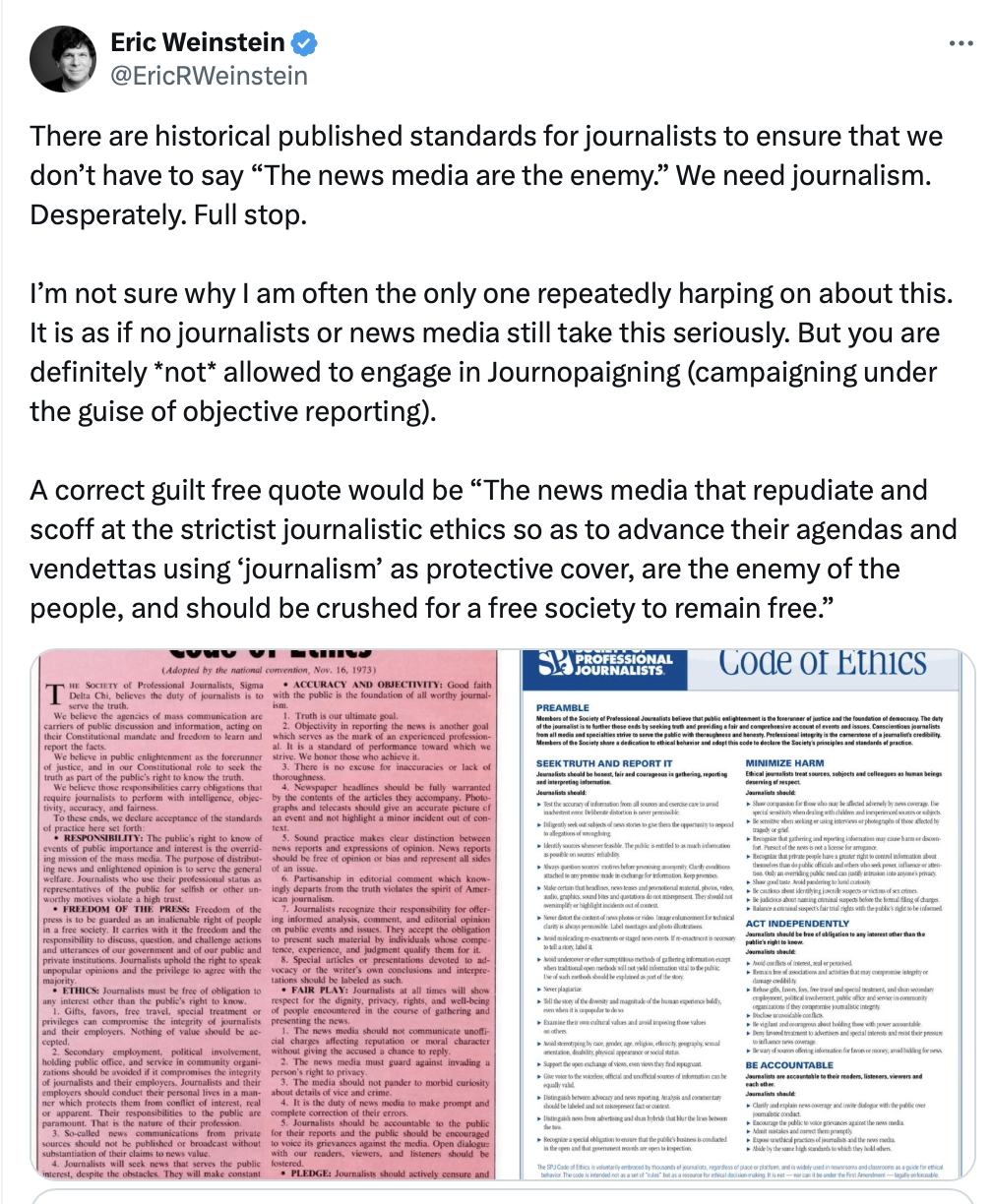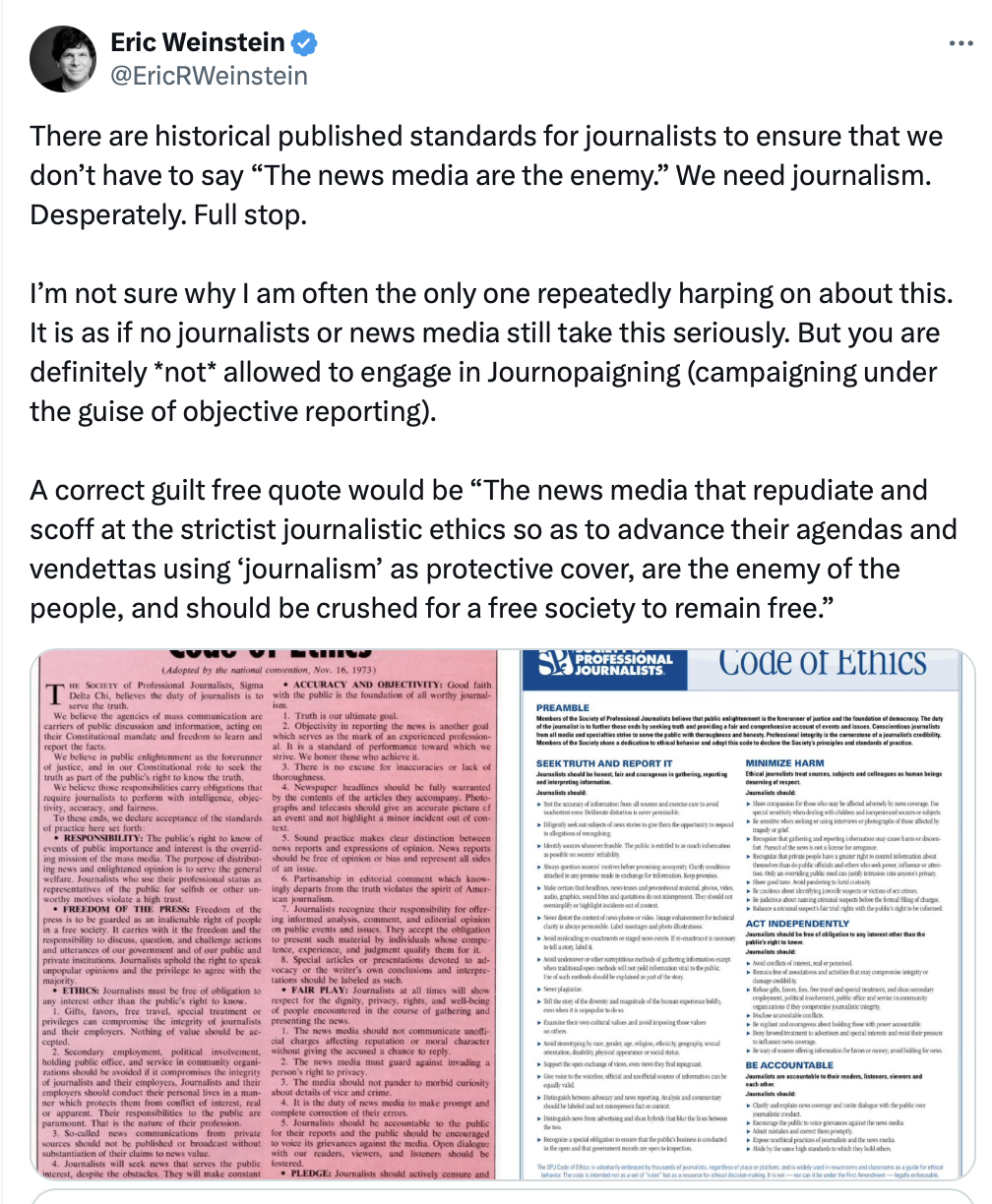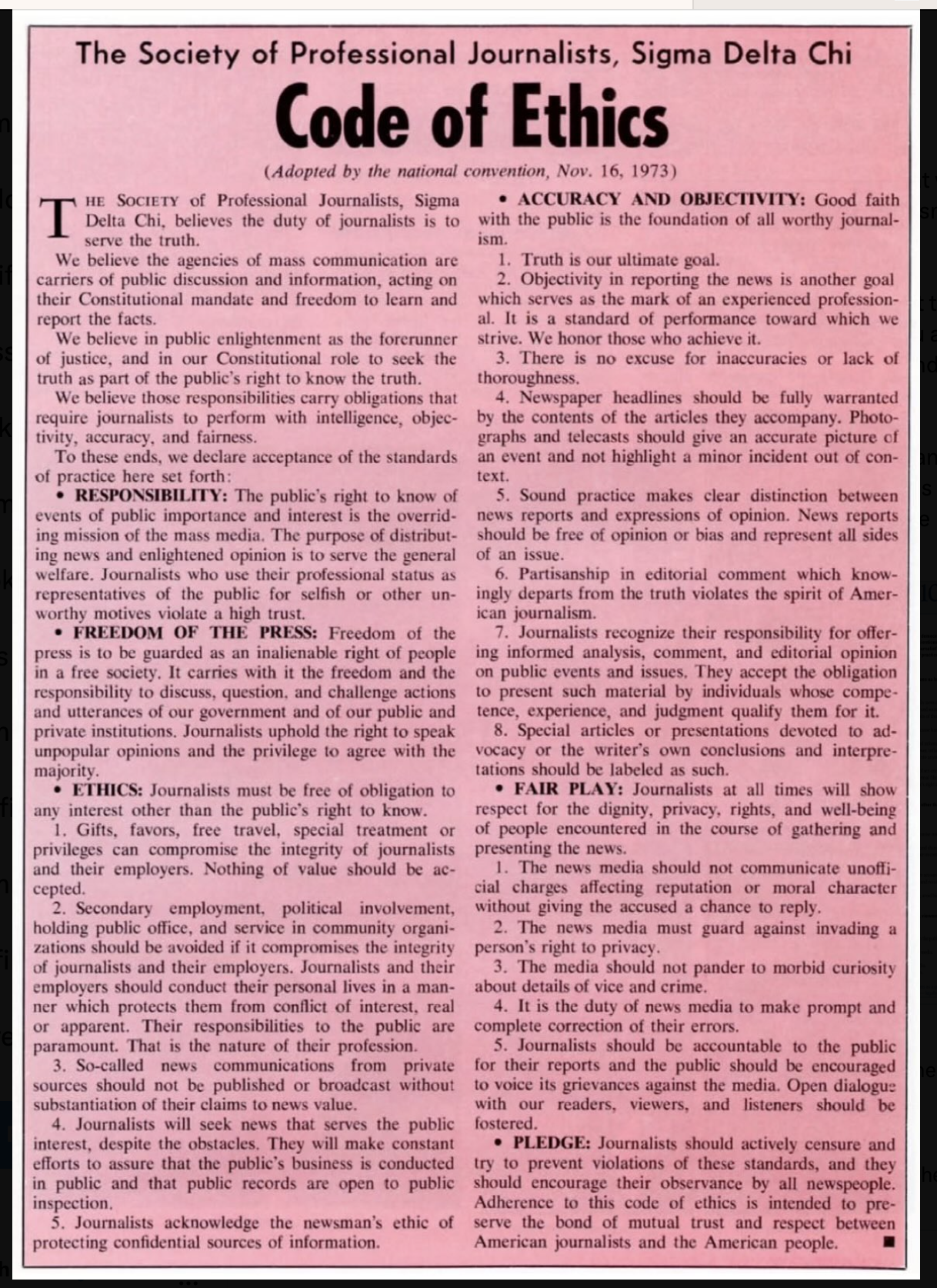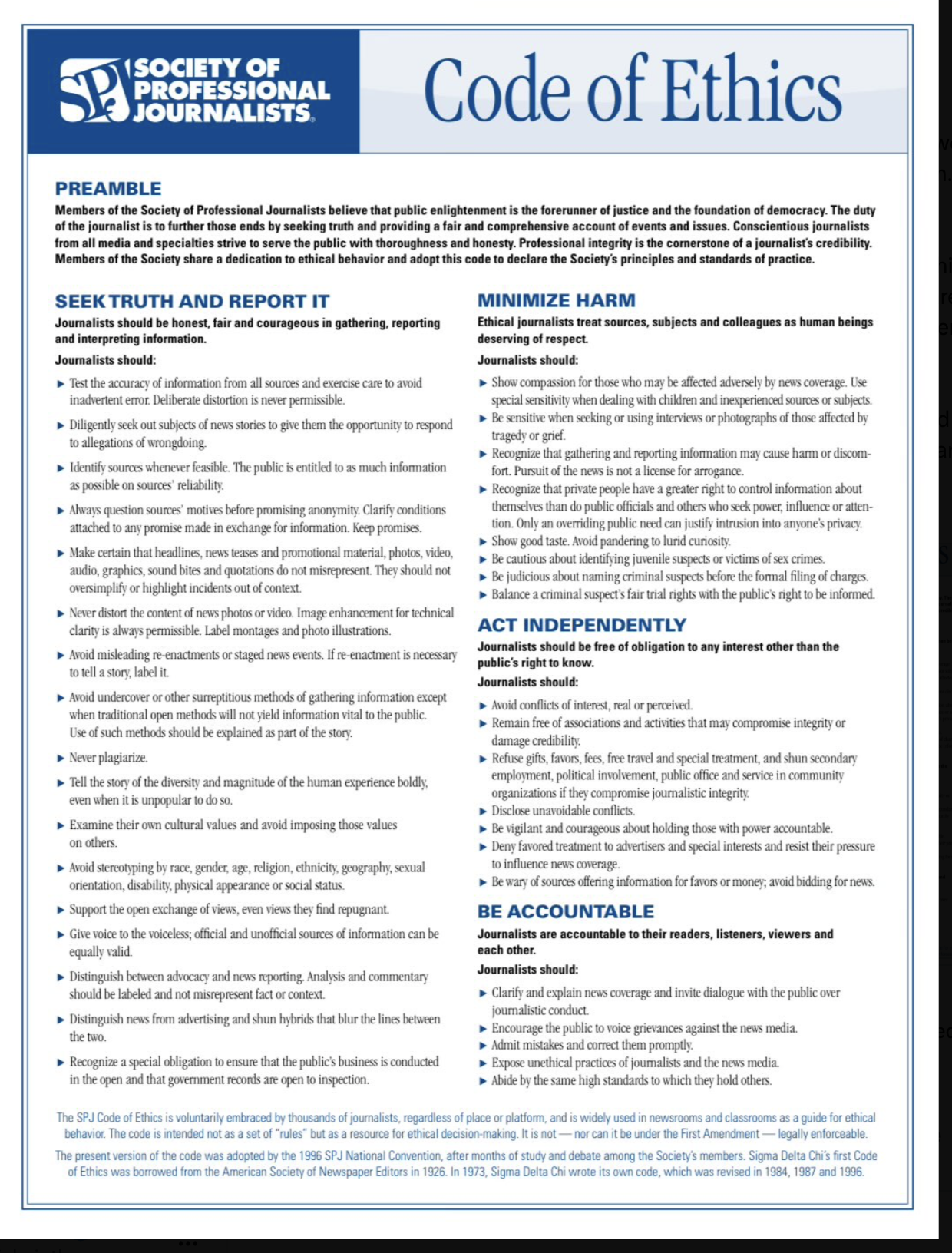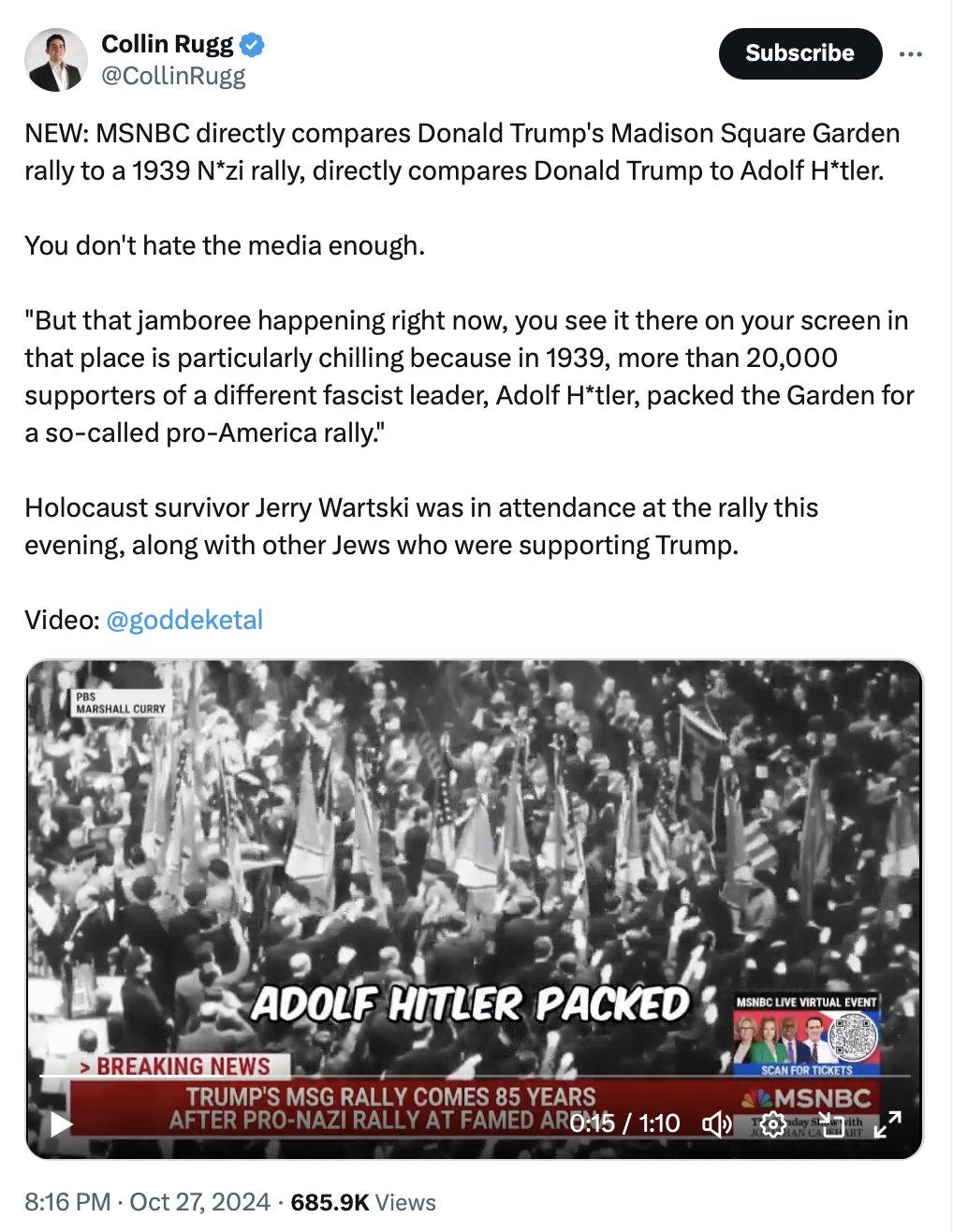Non-Profits Often Aren’t What They Seem to Be
Do organizations actually do what they claim that they do? My favorite quote on this is from Thomas Sowell:
When examining institutions, it is critically important “to distinguish between:(1) examining issues and institutions in terms of their process characteristics versus
(2) examining them in terms of their proclaimed goals or ideals….

Journalist Sharyl Attkisson offers this example: The American Cancer Society:
Nonprofits, virtually all nonprofits I would now say, have their origins in some kind of special interest that tend to be the opposite of what the nonprofit says it does.
And this was told to me originally by a producer who worked for me at CBS News years ago. And he said that very thing, that if they say they're the citizens against, you know, cancer, it's probably started by RJ Reynolds or a tobacco company. And it turns out it's true when you start digging a little deeper, which is not that hard to do. But as journalists were not taught to do that, and many journalists, including me, in my earlier time, we don't ask the basic questions. We're too trusting when a nonprofit tells us something. Well, nonprofits are all good, right? They're all just charities and altruistic. So let me tell you about the American Cancer Society.
Some years ago, I got a tip that antiperspirants had been linked to cancer, to breast cancer, and this tip actually came from the head of over the counter prescriptions from the FDA, in a conversation I was having about something unrelated, and I was stunned, because I'd never heard of such a thing, and I had a child who was getting to be about the age where she would start to use antiperspirants and so on, and I have breast cancer in my family, so certainly that's something I would want to know. So as I explored it a little more deeply, he told me that the FDA had been fighting for years to try to potentially put the warning of antiperspirant and cancer link on the label for antiperspirants, but had been beaten down year after year by the power of the antiperspirant industry, which was saying that the bar had to be met with different kinds of studies and things that hadn't been conducted. More about that in a moment, but as I came to interview one of the scientists who conducted a study linking the two, and as I read other studies that existed that also made a link, I asked for an interview with the antiperspirant industry. That, basically, it's the cosmetics industry, their trade group in Washington. And they didn't want to do an interview, but they kept saying interview the American Cancer Society. Go interview the American Cancer Society. And I'm thinking, Why? Why do they think the American Cancer Society is going to defend them. Why are they so sure of that? And of course, in my mind now, having covered these stories for a couple years. I thought, I'll bet there's a money tie.
So I call the American Cancer Society and their head of science that was answering my questions begins with a non secret. He just basically says, this is all a myth, which, by the way, the CDC website or the FDA website may say that, still today, it did. When I looked a couple years ago, claimed that this: this potential link was a myth. It's not, you know, you could say there's science on both sides, but you cannot say it's a myth. So when he's telling me it's a myth, I asked him about the recent studies that I had, and he didn't know about any of them. So here, the American Cancer Society is defending something antiperspirants as not a cause of cancer, and is saying it's a myth, but is not familiar with the latest science. That's clue two that there was something else at play.
So I faxed him the studies, and in the subsequent questions that I asked for my story, all his answers were the same. Instead of addressing the study, when I would ask a question about, what about this finding? What about that finding, he would say, women would do a lot better to get their annual mammograms and stop worrying about these other things that could be causing, you know, slight risk of cancer. They need to get their mammograms. And I finally said to him, do you guys get money from the antiperspirant industry? And he was yes, why? And I said, Well, how much? And they would not tell me how much. You know, no dollar figure, not even a percentage. He just, as I kept asking: so, well, it's a small amount.
That's a huge organization, if they get a small amount of funding from every industry that's implicated in cancer, you can see how the conflict of interest could stack up. So I did do that story and they got very angry at the American Cancer Society because I reported neutrally what they said and what they thought about this link between antiperspirants and breast cancer, but I pointed out that they accept money, and I said they say a small amount from the antiperspirant industry, and that set them off like crazy. We got nasty letter at CBS. How dare you say that, which is just the truth, but most reporters don't ask and then don't report that. I think that's crucial context. When you're looking at the viewpoint somebody is presenting, I think you have a right to know what the conflicts that exist may be.
Just one example of if you look at nonprofits, these are full of them.



